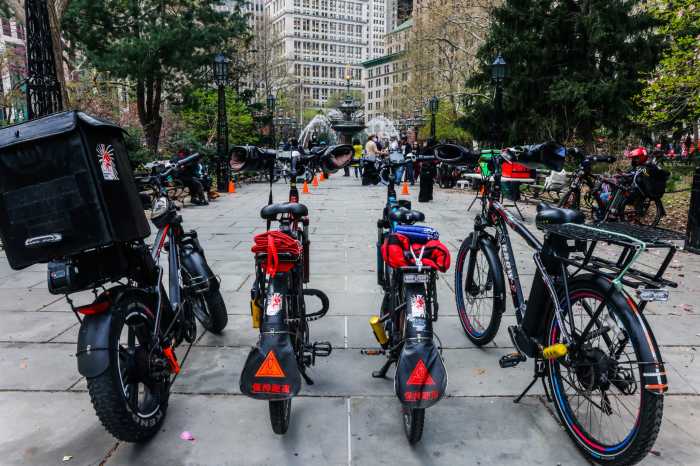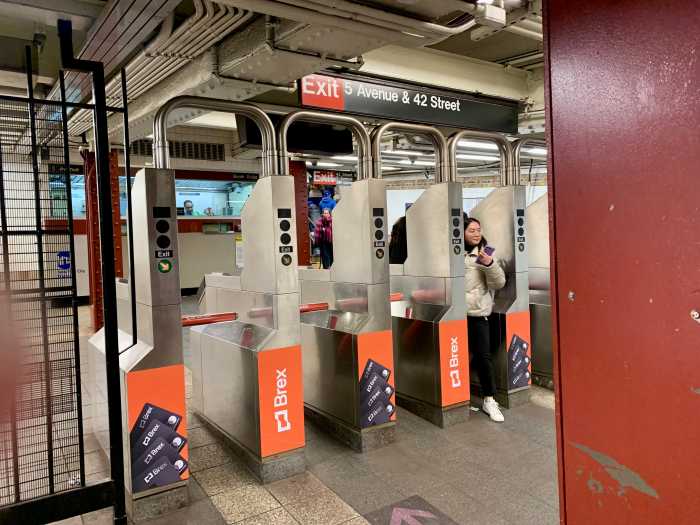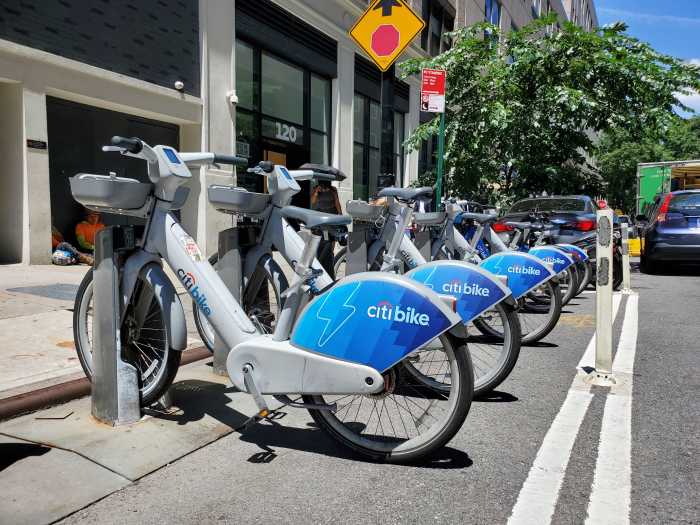A new bill would have wealthy New Yorkers pay to fix the MTA’s steadily worsening subway service.
Queens state Sen. Michael Gianaris plans to introduce a bill this week that would institute a three-year, temporary state income tax surcharge on millionaires living within the 12 counties served by the MTA.
A second surcharge would be added to city hotel taxes under the bill. Together, Gianaris believes the plan would raise more than $2 billion annually for the transit agency.
“The transit system is the lifeblood of our city and unfortunately it’s been underfunded for years,” Gianaris said. “This would go towards solving the MTA crisis that has been plaguing straphangers for months now. Just in my area of Queens, between the N and the 7 trains, there are daily reports of breakdowns and delays, making routine life very difficult for New Yorkers.”
Gianaris drew inspiration for the legislation from then-Mayor David Dinkins’ “Safe Streets, Safe City” program in the 1990s, which implemented temporary taxes on the rich to fund the hiring of more police officers to combat rampant crime.
Billed “Better Trains, Better City,” Gianaris said his legislation would also create an “emergency manager” position at the state-controlled MTA who would oversee maintenance and upkeep decisions at the agency. Gianaris tossed Richard Ravitch’s name into the ring for the position, saying the former MTA chairman would be interested in the job.
An MTA spokeswoman said the agency does not comment on pending legislation.
Rich Barone, the vice president for transportation at the Regional Plan Association, wasn’t opposed to the idea of the bill, but he said lawmakers need to push further to get the MTA to tap into more revenue streams.
“The Second Avenue subway has brought tons of wealth to the Upper East Side — made possible by public funding,” Barone said. “A one and done tax on the wealthy could be good, but we need to be looking at how to create the revenue streams for a sustainable transit system.”
































